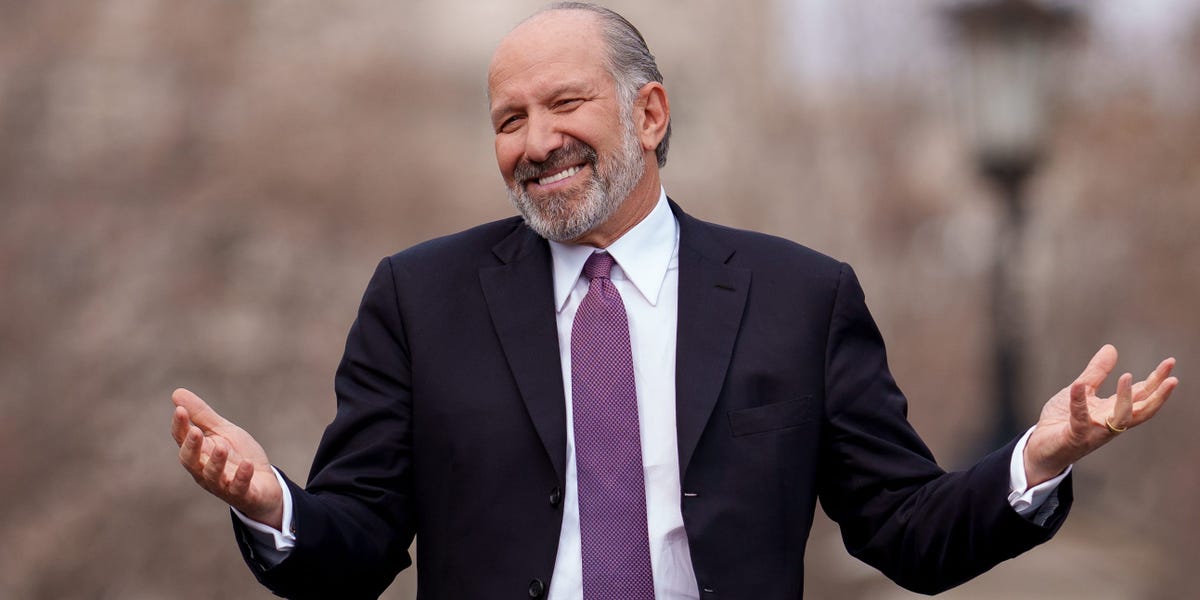Beef Battle: Lutnick Blasts EU's Resistance to American Cattle Exports

In a passionate defense of American beef, Howard Lutnick boldly proclaimed the superiority of U.S. agricultural products. "The European Union's criticism stems from their inability to match the exceptional quality of our beef," he declared, highlighting the pride and confidence in American livestock production. Lutnick's statement suggests that the EU's opposition is rooted in jealousy and an acknowledgment of their own inferior beef standards.
The provocative remarks underscore the ongoing trade tensions and competitive spirit between American and European agricultural markets. By emphasizing the "beauty" of American beef, Lutnick not only champions domestic production but also challenges international perceptions of U.S. agricultural prowess.
